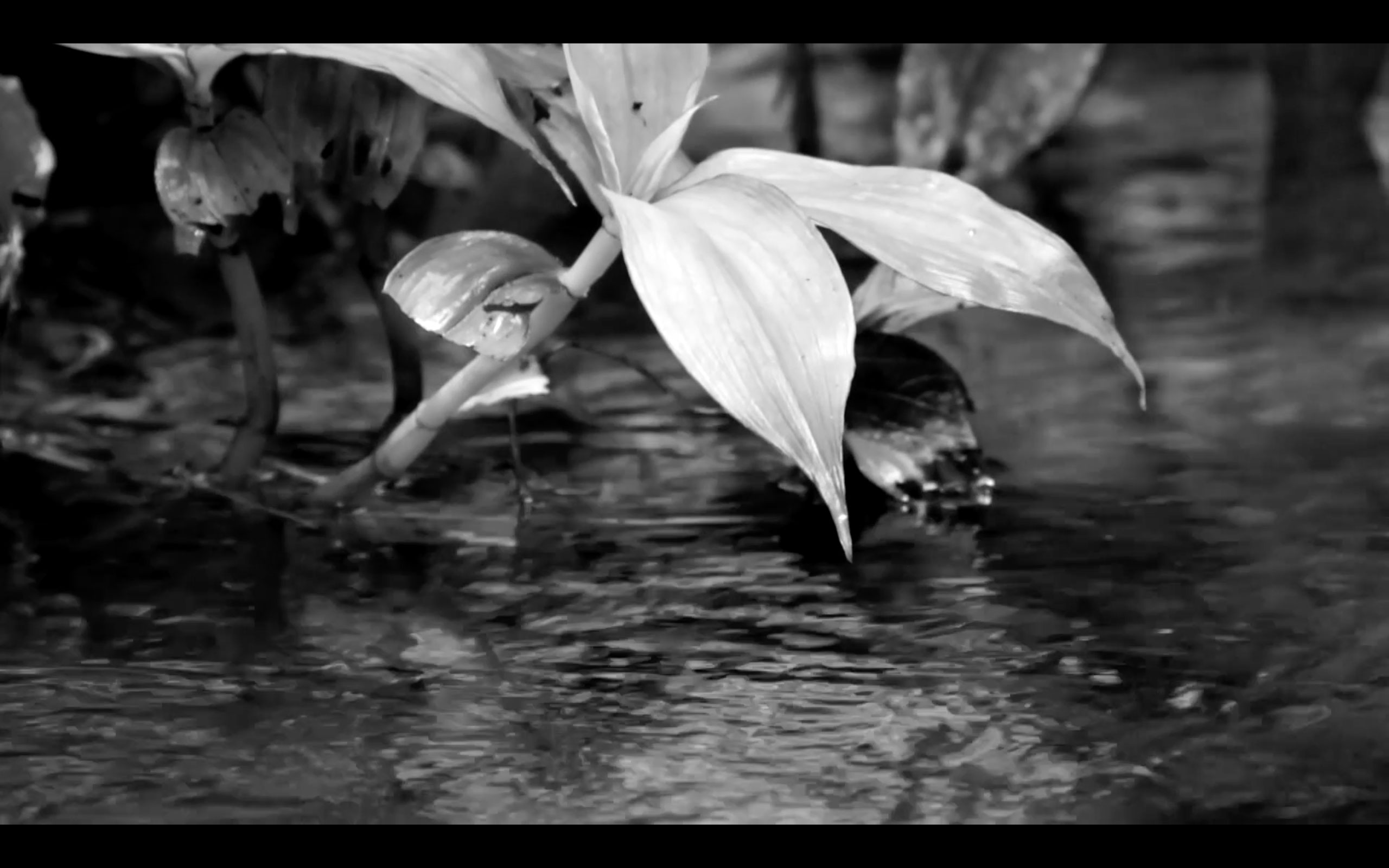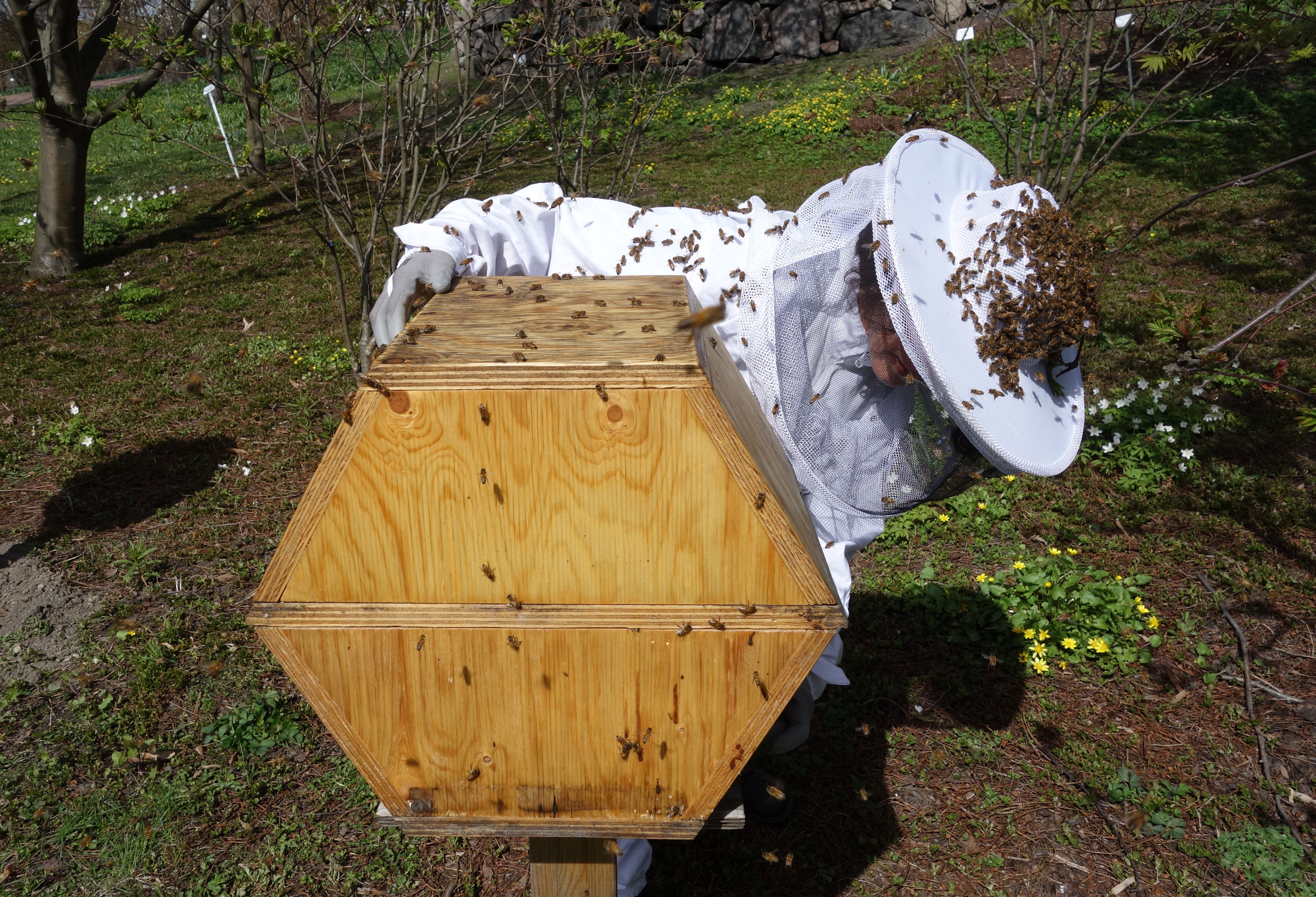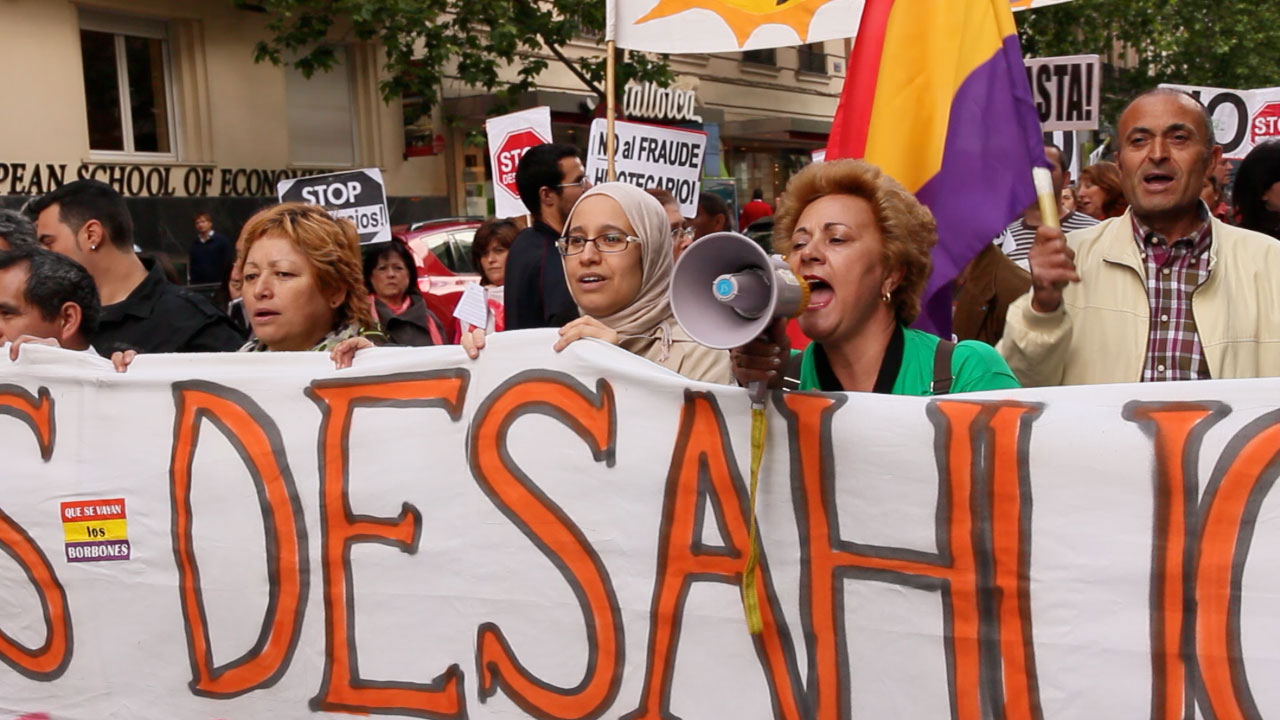The exposition “(Not so) Casual Conversations: Experiments in Attunement as Method in Investigative Art Practice” considers how investigative poetic practices could broaden notions of ‘forensis’ in terms of contemporary art. By developing my concept of ‘poetic forensics’ with attunement as a method that is “palpable and sensory, yet imaginary and uncontained” (Stewart 2011) it admits the nonhuman—trees, rocks, streams, animals—suggesting new relations beyond the human as possible witnesses (Williams 2018). This presents an invitation to think differently about articulations of public truth. The question ‘Who else is witness?' emerges while exploring material intrinsically elusive to testimony on what and who has been disappeared by oppressive geopolitics. Human-rights issues are implicit given the project’s focus on historical erasure and state violence at “the threshold of detectability” (Weizman 2017). It also attends to my family’s experiences as we faced the “political disappearance” of my father Iván Daza, in 1960s Cold War-era Venezuela. The project grapples with validity through methods and lively approaches that decolonize both knowledge (Tuhiwai Smith 1999) and nature (Demos 2016) presenting posthuman challenges to a privileged human onto-epistemological position (Viveiros de Castro 2015).
(NOT SO) CASUAL CONVERSATIONS
Biography
Livia Daza-Paris is a Venezuelan-Canadian interdisciplinary artist based in Montreal who works with performance, moving image, text and documentary evidence. She works with attunement methods, poetic interventions and decolonizing methodologies within art-based research to address undisclosed events of 1960s Cold War-era Venezuela official history. She has graduate diplomas from Concordia University (Montreal, Canada) in Community Economic Development and in Digital Technologies in Design Arts. She holds an MFA in Creative Practice from Transart Institute. Currently, Daza-Paris is a PhD candidate in Art & Media at the University of Plymouth, UK.
https://www.researchcatalogue.net/view/498714/498715
Visit the exposition in the database Research Catalogue.




